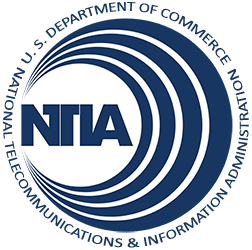Georgia Partnership for TeleHealth, Inc.
To address poor health and lack of high quality health care in rural Georgia communities, Georgia Partnership for TeleHealth is proposing a training and outreach program for residents and healthcare providers to improve health and healthcare delivery in the state’s 91 designated “counties of persistent poverty.” Leveraging the strengths of state government agencies, the private sector, and educational and nonprofit organizations, the project proposes targeted outreach to economically vulnerable populations including African American and Hispanic communities, low-income residents, senior citizens, and at-risk youth to address poor health and lack of high quality health care.
The project plans to connect community-serving institutions, like hospitals, schools, public health departments, and physicians’ offices by expanding the applicant’s current open access telehealth network to 67 additional community anchor sites. The partners plan to raise awareness of the benefits of broadband for healthcare through several outreach campaigns and training for rural physicians, non-physician practitioners, and school nurses.
